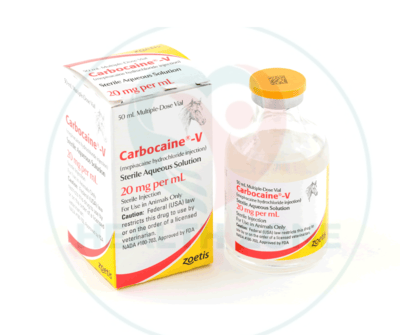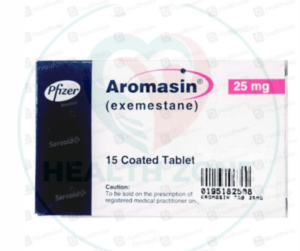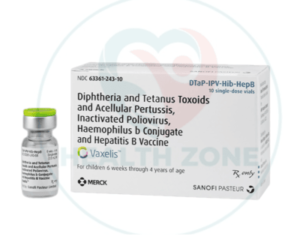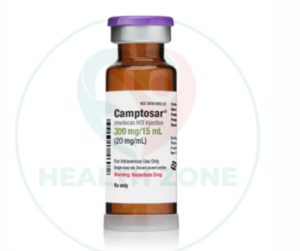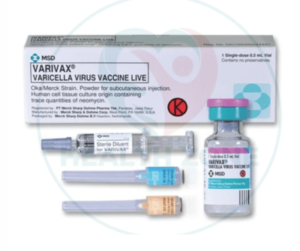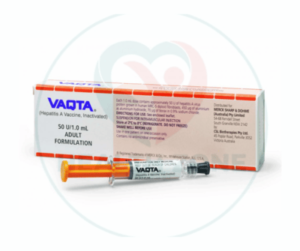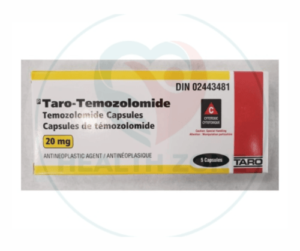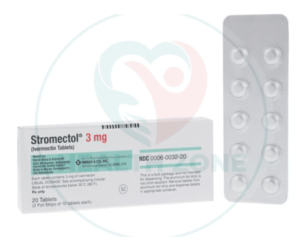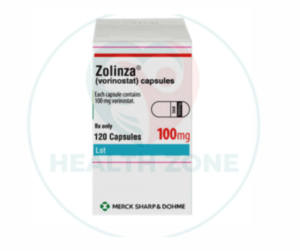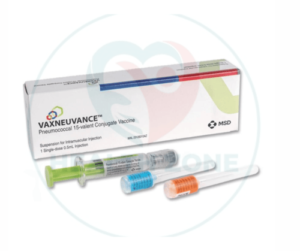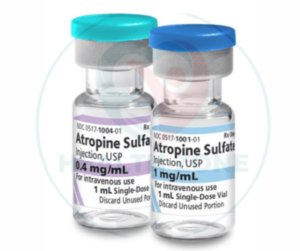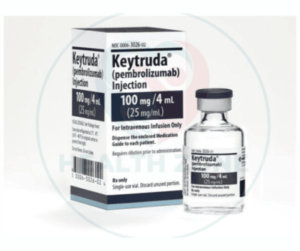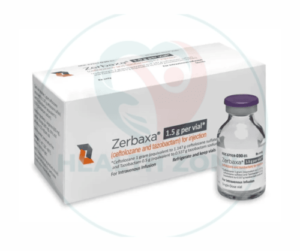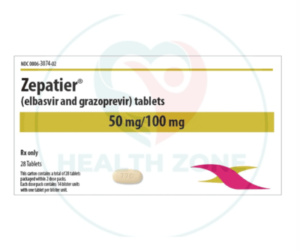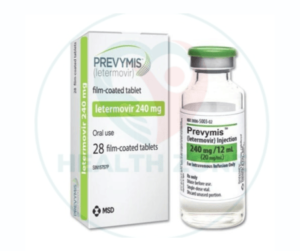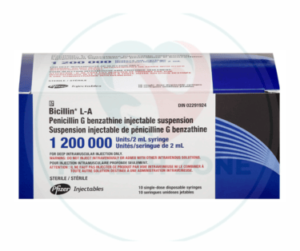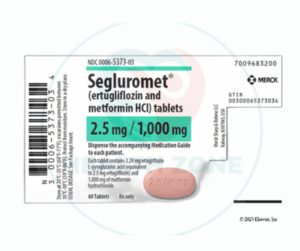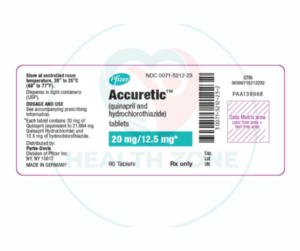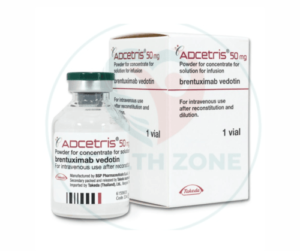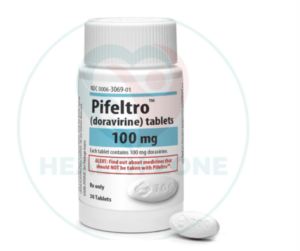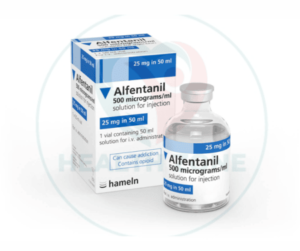CARBOCAINE, the trade name for mepivacaine, is a local anesthetic widely utilized in medical and dental practices for effective pain management. Known for its rapid onset and moderate duration of action, mepivacaine is a reliable option for both minor and major procedures. Manufactured by Pfizer, this anesthetic has become an essential tool for healthcare providers aiming to enhance patient comfort during interventions.
Formulation of CARBOCAINE (Mepivacaine)
CARBOCAINE is typically available as a sterile, isotonic solution for injection. The formulation generally includes:
- Mepivacaine Hydrochloride: The active ingredient that provides the anesthetic effect, usually in concentrations of 2% or 3%.
- Epinephrine (optional): Often included to prolong the anesthetic effect by reducing blood flow at the injection site.
- Sodium Chloride: Used to maintain isotonicity, ensuring compatibility with body tissues.
- Water for Injection: Acts as the diluent to create the solution.
The careful formulation of CARBOCAINE is crucial for its effectiveness and safety in clinical settings.
Uses of CARBOCAINE (Mepivacaine)
Mepivacaine is employed in various medical applications, making it a versatile choice for anesthetic purposes:
- Dental Procedures: Frequently used for tooth extractions, root canals, and other dental surgeries to ensure patient comfort.
- Minor Surgical Procedures: Effective for infiltrative anesthesia in minor surgeries and dermatological procedures.
- Labor and Delivery: Can be administered for regional anesthesia during childbirth, providing effective pain relief.
- Pain Management: Utilized in chronic pain management through nerve blocks, offering relief for patients with persistent pain conditions.
The diverse applications of CARBOCAINE make it a critical component in anesthesia practice.
Advantages of CARBOCAINE (Mepivacaine)
CARBOCAINE offers several benefits that contribute to its popularity among healthcare professionals:
- Rapid Onset: Mepivacaine typically provides pain relief within 5 to 10 minutes, allowing for timely interventions.
- Moderate Duration: The anesthetic effects usually last between 2 to 3 hours, making it suitable for many procedures.
- Lower Systemic Toxicity: Compared to other local anesthetics, mepivacaine has a favorable safety profile, with reduced risk of systemic side effects.
- Minimal Cardiac Effects: It is generally well-tolerated by patients with cardiovascular concerns, as it has a limited impact on heart function.
These advantages underscore CARBOCAINE’s role as a reliable local anesthetic.
Side Effects of CARBOCAINE (Mepivacaine)
While CARBOCAINE is generally considered safe, awareness of potential side effects is important:
- Local Reactions: Patients may experience pain, swelling, or redness at the injection site, which typically resolves quickly.
- Systemic Reactions: Rarely, mepivacaine can cause dizziness, headaches, or nausea if absorbed systemically.
- Allergic Reactions: Although rare, some individuals may experience allergic reactions, including severe responses like anaphylaxis.
- Nerve Damage: There is a small risk of nerve injury if the anesthetic is injected into or near a nerve.
Recognizing these potential side effects helps healthcare providers manage patient care effectively.
Dosage of CARBOCAINE (Mepivacaine)
The appropriate dosage of CARBOCAINE varies based on the procedure and patient factors. Typical dosages include:
- Dental Procedures: Generally, a dosage of 1 to 2 mL of a 2% solution is commonly used.
- Regional Anesthesia: For nerve blocks, dosages may vary significantly based on the specific technique and targeted area.
Healthcare professionals must tailor the dosage to each patient’s needs, considering individual medical histories and procedural requirements.
Precautionary Measures of CARBOCAINE (Mepivacaine)
Before administering CARBOCAINE, healthcare providers should take several precautionary measures:
- Medical History: A thorough assessment is crucial, especially regarding any known allergies to local anesthetics or significant cardiovascular conditions.
- Pregnancy and Lactation: Risks and benefits should be carefully evaluated for pregnant or nursing patients, as mepivacaine can cross the placenta and enter breast milk.
- Drug Interactions: A review of current medications is necessary to prevent adverse effects and interactions, particularly with other anesthetics or anticoagulants.
Implementing these precautions ensures the safe administration of CARBOCAINE.
Year of Invention of CARBOCAINE (Mepivacaine)
Mepivacaine was first synthesized in 1957, marking a significant advancement in local anesthetic options. Its introduction helped shape the landscape of pain management in medical and dental practices.
Company Information of CARBOCAINE (Mepivacaine)
CARBOCAINE is manufactured by Pfizer, a global leader in the pharmaceutical industry known for its commitment to quality and innovation. Pfizer’s extensive portfolio includes a wide range of medications, and its focus on research and development ensures the continued efficacy and safety of CARBOCAINE.
Price of CARBOCAINE (Mepivacaine) in the UK & USA
The price of CARBOCAINE can vary based on location and pharmacy. In general, the approximate costs are:
- UK: A 10 mL vial of mepivacaine typically ranges from £5 to £15.
- USA: In the United States, the price usually falls between $15 and $30 for a similar vial.
Prices may fluctuate based on local market conditions, insurance coverage, and regional variations, making it important for healthcare providers to check specific pricing.
Conclusion
CARBOCAINE (mepivacaine) is a vital local anesthetic that has become an integral part of medical and dental practice since its introduction in 1957. Its rapid onset, moderate duration, and lower systemic toxicity make it a preferred choice for effective pain management. While it does carry some risks and potential side effects, careful administration and adherence to precautionary measures can lead to successful outcomes in various procedures. As healthcare continues to evolve, CARBOCAINE remains a crucial tool for enhancing patient care and comfort, solidifying its place in the realm of local anesthesia.

